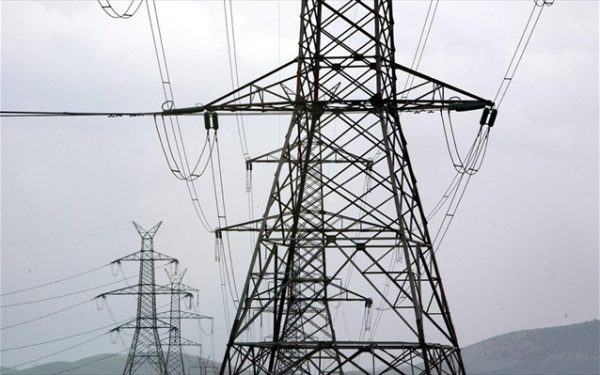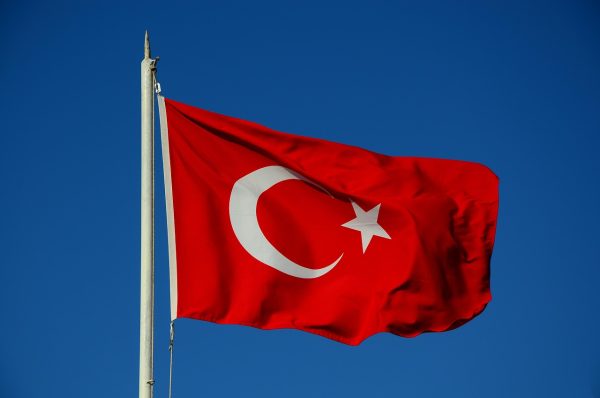
Bloomberg reports that countries once at the heart of the EU’s economic crisis are now leading in performance. Greece, Spain, and Portugal boast growth rates double the eurozone average, with Greece expected to exceed 2% growth this year, while the euro area lags at 0.8%. Germany’s growth is forecasted to be minimal.
The crisis era painted Southern Europe as irresponsible and unproductive, reliant on “charity” from wealthier Northern European countries. However, perceptions have shifted. Governments, businesses, and households have experienced a turnaround. While tourism has played a role in the recovery, years of restructuring efforts have also stabilized these economies, according to Bloomberg.
Greece serves as a prime example, having lost a quarter of its GDP during the crisis but regaining its investment grade last year. Conversely, France was downgraded by S&P Global Ratings recently.
“The uncertainty for Greece and the other Southern countries has now vanished,” stated Nikos Vettas, the Managing Director of the Foundation for Economic and Industrial Research in Athens. “This doesn’t mean that there isn’t still much to be done. However, the absence of uncertainty is the most significant factor, as in the past, it drove away capital and workers.”
However, despite progress, lingering signs of the crisis persist, especially in the job market, and efforts to rebuild reputations continue.
Bloomberg highlights a significant challenge: the rise in wages and living standards. Both Portugal and Greece have minimum wages below 1,000 euros per month, potentially fueling dissatisfaction in Europe, as seen in recent election results.
While mass tourism and manufacturing remain significant, there’s a push towards higher-value sectors like biotechnology services, reflecting the acknowledgment that standing still offers no benefit.
Source: tovima.com
Latest News

PM Mitsotakis to Chair New Democracy’s Committee Meeting
Today’s meeting is seen as a crucial opportunity to halt internal disputes within ND and reaffirm unity within the party.

Trump Tariffs Jeopardize Growth: Piraeus Chamber of Commerce
The tariffs, aimed at reducing the U.S. trade deficit, are expected to have both direct and indirect effects on the European economy

EU Condemns Trump Tariffs, Prepares to Retaliate
As tensions escalate, the EU is expected to continue negotiations with Washington while preparing for potential economic retaliation.

The Likely Impact of Trump Tariffs on Europe and Greece
Trump tariffs are expected to negatively affect economic growth in the Eurozone while Greece's exports could take a hit.

Motor Oil Results for 2024: Adjusted EBITDA of 995 mln€; Proposed Dividend of 1.4€ Per Share
Adjusted EBITDA for 2024 was down 33% yoy. The adjusted profit after tax for 2024 stood at 504 million euros, a 43% decrease from the previous year

Cost of Living: Why Greece’s 3% Inflation Is Raising Alarm
Greece appears to be in a more difficult position when it comes to price hikes, just as we enter the era of Trump’s tariffs.

Fitch Ratings Upgrades the Four Greek Systemic Banks
NBG’s upgrade reflects the bank’s ongoing improvements in its credit profile, Fitch notes in its report, including strong profitability, a reduction in non-performing exposures (NPEs), and lower credit losses

Trump to Announce Sweeping New Tariffs Wednesday, Global Retaliation Expected
With Trump's announcement just hours away, markets, businesses, and foreign governments are bracing for the fallout of one of the most aggressive shifts in U.S. trade policy in decades.

Inflation in Greece at 3.1% in March, Eurostat Reports
Average inflation in the eurozone settled at 2.2%, compared to 2.3% in February

Greece’s Unemployment Rate Drops to 8.6% in February
Despite the overall decline, unemployment remains higher among women and young people.










































 Αριθμός Πιστοποίησης
Αριθμός Πιστοποίησης